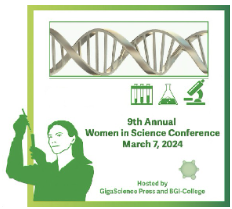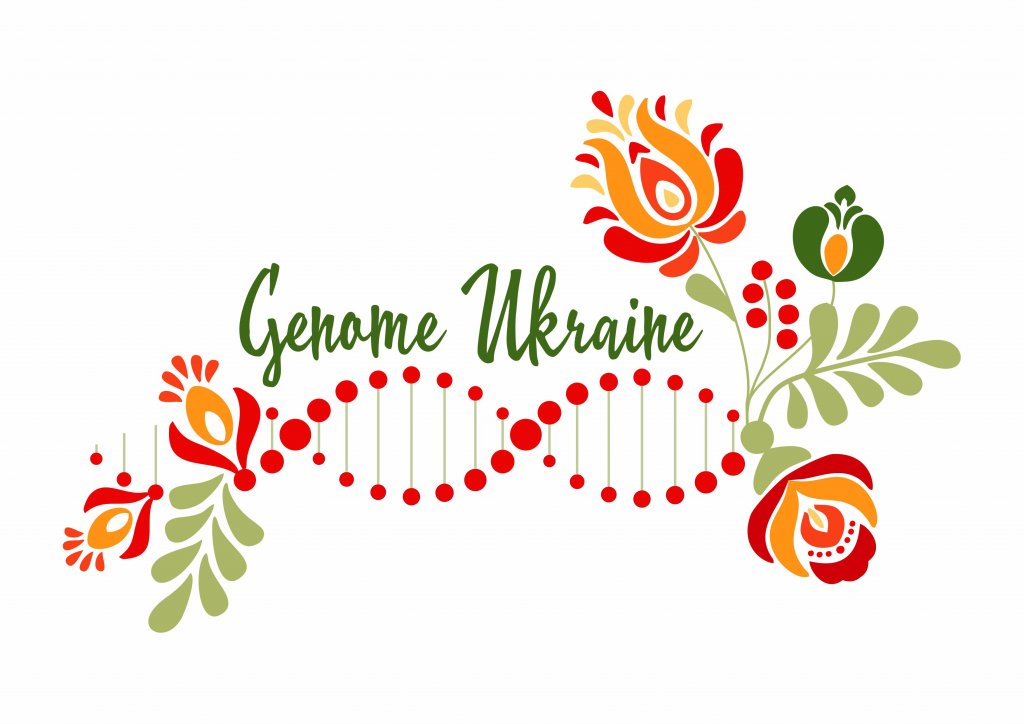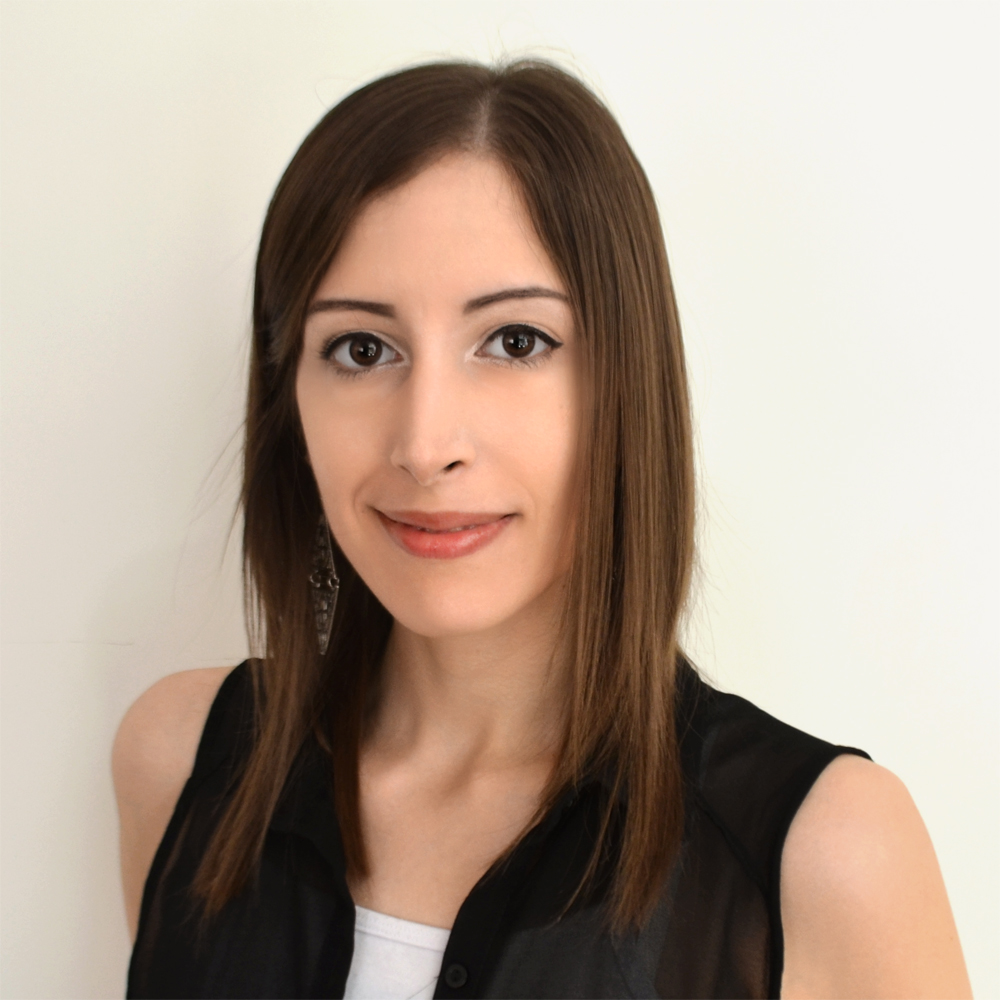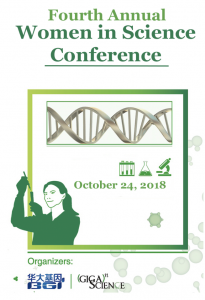
The 9th Women in Science Conference took place in Shenzhen. Below are some highlights from the conference co-organized by our Publishing Director, Laurie Goodman, and Co-Chaired by Doris Yang, from BGI-College. Today, March 8, 2024 marks International Women’s Day – where women’s achievement and inclusivity is celebrated.



